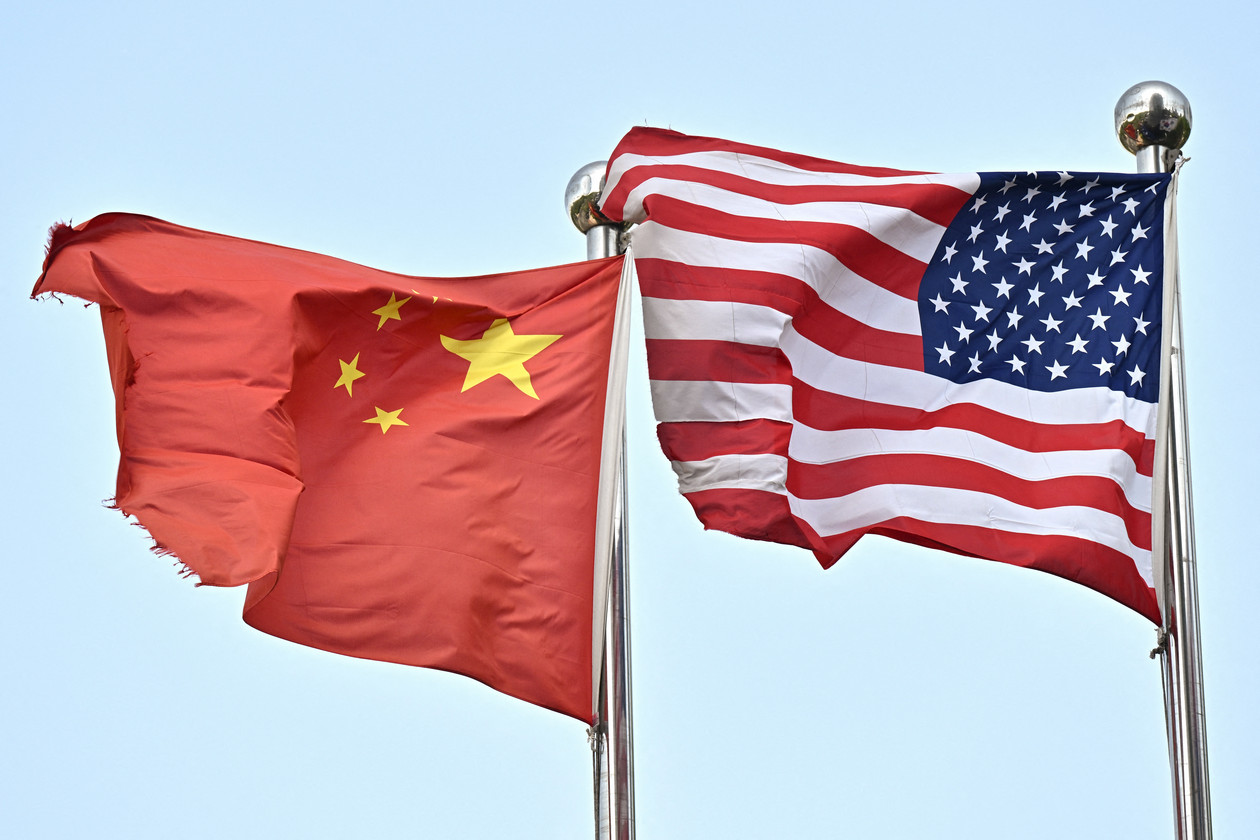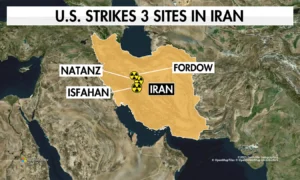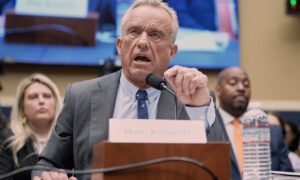As businesses readjusted to President Trump’s massive new tariff system in April, imports fell precipitously, sending a warning signal about the impact of Trump’s worldwide trade war on the American economy.
According to an advance estimate from the Commerce Department, the monthly goods trade imbalance last month was roughly half of its magnitude in March. This was driven by a nearly 20% decrease in imports.
This decline followed a record-high deficit in March, when businesses and individuals alike rushed to make purchases before Trump’s new taxes went into effect. April saw consumers cut back on spending as well, while inflation remained low. At its current level, the preferred price measure of the Federal Reserve is just slightly higher than the central bank’s 2% objective.
These figures show that the global trade imbalance, which Trump sees as a major issue for the American economy, may be beginning to shrink as a result of his policies. Additionally, tariffs had not yet increased consumer prices in April, which was good news for Trump.
According to Joe LaVorgna, chief economist at SMBC Nikko Securities and a former economic advisor to Trump, “I would argue this is exactly what the administration laid out, and this is so far what is playing out” (CNBC transcript).
The report “ultimately is not a warning sign for now, especially because wage growth was solid,” said Kevin Gordon, a senior financial analyst at Charles Schwab. This is despite the fact that the decline in spending may suggest an economic slowdown. “At this point in time, the consumer is voluntarily limiting their spending.”
Long-term trends in the trade imbalance are still too unpredictable at this point. There may have been a resurgence in trade between the US and China after the administration de-escalated tensions with the country in May.
Tariff rates in the long run are likewise unknown. The administration’s deal-making was already at a stalemate before a federal court decision questioned the constitutionality of most of Trump’s tariffs. Trump claimed in a social media post that Beijing had “TOTALLY VIOLATED” a pact made in Geneva, leading to a halt in discussions with China. Even if the president were to negotiate a tariff rate lower than the 10% threshold he has set for countries worldwide, it would still be an open subject.
Economists anticipate that official inflation statistics will start to reflect some tariff costs in the coming months until then. Currently, the most noticeable impacts may be seen in the form of pessimistic comments on company confidence and decreasing profit margins for producers.









